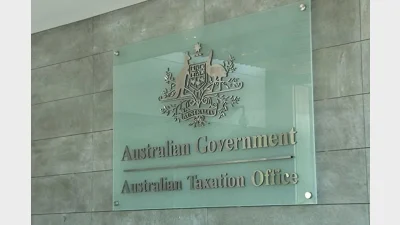(March-2003) Danger of Australia falling off FI map
The Australian fixed interest market will become insignificant to global investors if the Government pays off all debt and exits the Government bond market.
According to Doug Hodge, executive vice president at PIMCO, the move will result in Australia being excluded from the major world indices and will remove the need for domestic fixed interest to be monitored by overseas researchers and analysts.
“If Australia falls out of the global fixed income indices then the research coverage by the international houses diminishes significantly and the Australian market will become marginalised,” he says.
“People are worried about this issue and say that Australia will no longer figure in the investment decisions of people who follow global indices. Despite Australia’s weighting being very small at present, investors who are index players must hold some Australian bonds. If we fall out of the index, then it’s left up to the whims of opportunistic investors to tap the market when they see the economic fundamentals being supportive of bonds,” adds TD Securities strategist, Stephen Koukoulas.
The dilemma for the Federal government is exacerbated by the fact that the remaining areas of the fixed interest market depend on there being a government market to be included in the indices.
“In order to qualify for the multi-sector index you have to have a government bond market, but for a country which doesn’t qualify for the Government index but still has corporate bonds and asset backed bonds and other secondary market securities — what do you do?” Hodge says.
The institutions which set the benchmarks also appear reluctant to change in order to accommodate Australia.
“We will not be changing the information criteria for the Salomon Smith Barney World Government Bond Index to suit Australia, so if the Government buys back its bonds or the size of the market falls below the threshold, Australia will not be represented in the world government bond index,” says head of bond portfolio analysis and quantitative fixed interest research at Salomon Smith Barney, Stephen Leong.
This means the remainder of the domestic market will not feature in Salomon’s multi-sector index, the Salomon Smith Barney World Broad Investment Grade Index.
“Therefore, a critical issue for the Treasurer, [Peter] Costello and the others, is on the one hand, they can see the political benefits of going to the electorate and saying they’ve paid off all Government debt, while on the other hand, over the longer term, there is the issue of whether corporate issuances will maintain the efficiency of the capital markets,” Koukoulas says.
“Some people are saying that it’s a positive as it creates an opportunity for the corporate bond market to grow,” he adds.
Recommended for you
The responsible investment body is warning that a one-size-fits-all ESG framework mirroring those in the UK and the EU could do more harm than good.
Australian super funds are monitoring the US closely as President Donald Trump increasingly intervenes in corporate policy, moves that are reverberating through global markets and prompting reassessments of portfolio risk.
Industry fund HESTA has filed an appeal against an ATO decision on tax offsets from franking credits, with the Australian Retirement Trust set to file a similar claim soon.
The latest superannuation performance test results have shown improvements, but four in 10 trustee-directed products continue to exhibit “significant investment underperformance”, warns APRA.











